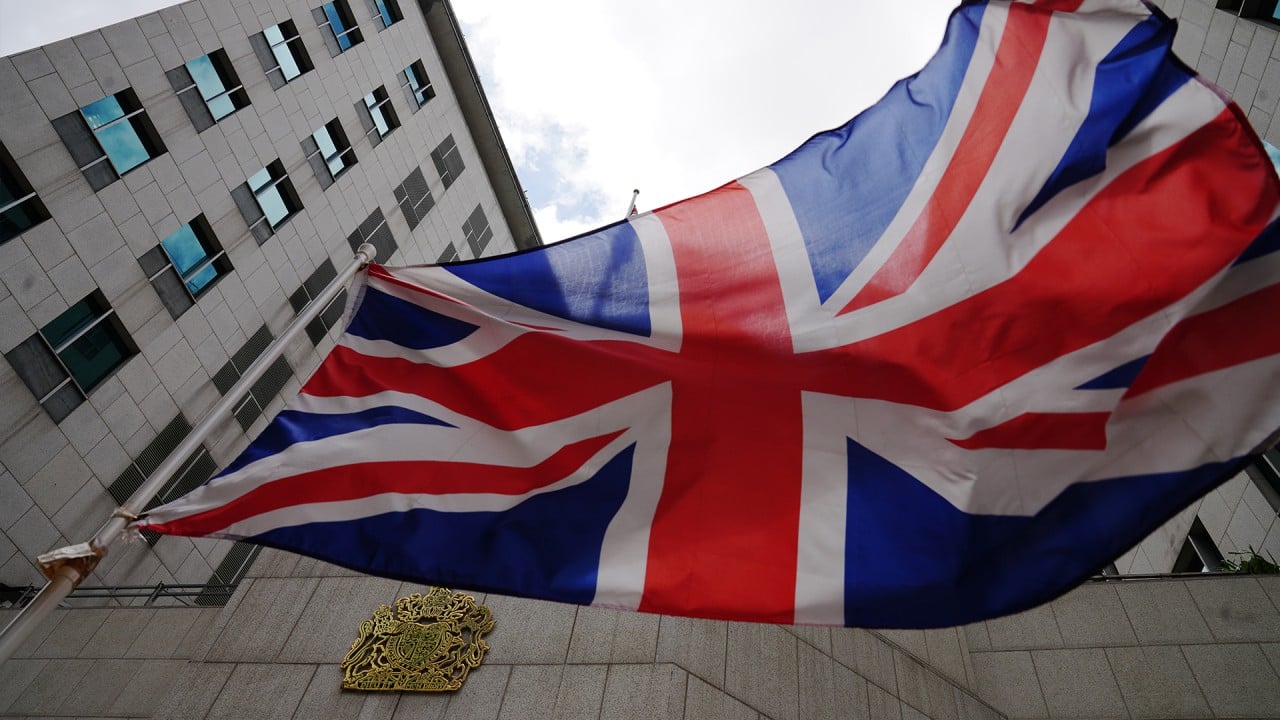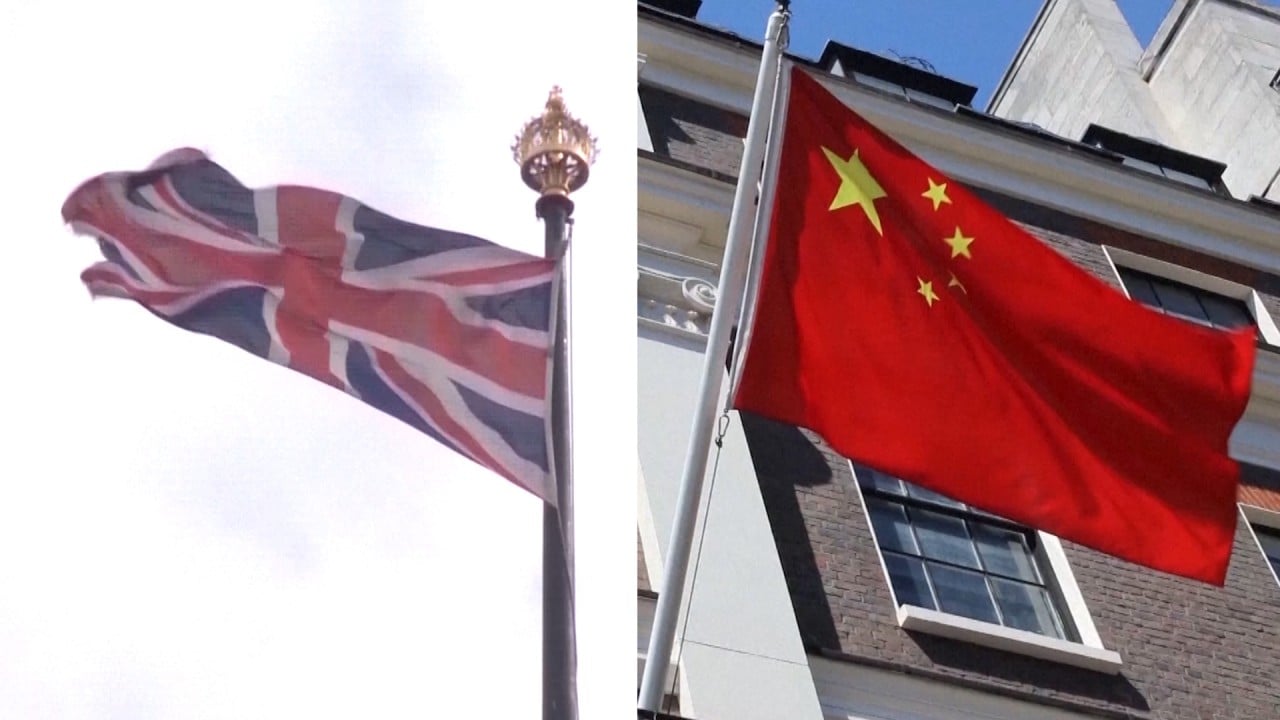
China must not force Hong Kong’s BN(O) passport holders to choose sides
- Britain’s offer of a citizenship path for almost half of Hong Kong’s population has the paradoxical effect of calming their jitters over the national security law
- Beijing’s threat to revoke recognition of the BN(O) passport as a travel document has raised fears it may soon strip holders of their Hong Kong residency and other privileges

03:14
UK unveils details of citizenship offer for Hongkongers with BN(O) passport holders
The central government wants to restore Hong Kong’s social stability and economic prosperity. However, using strong measures to oppress freedoms and human rights does not serve this purpose. Ironically, the relaxation of immigration and residency policies for Hongkongers is helping to rebuild their shattered confidence and calm their jitters.
Britain’s new BN(O) scheme for Hong Kong people is the more lenient. It will potentially allow some 3 million BN(O) passport holders and their dependants to apply to settle in the UK after they have been in the country for five years, and to apply for citizenship after a further 12 months.
In this way, the scheme offers a large number of the Hong Kong population a safety net, which paradoxically has helped to stabilise the city, given the overwhelming tensions.
Hong Kong people worry that their “insurance policy” of having a BN(O) passport would automatically strip them of their Chinese nationality, and permanent residency and benefits in Hong Kong.
This would force Hong Kong people to take sides. By doing so, it may push more Hongkongers to leave for other countries, resulting in talent and capital outflows. By tightening the measures, Beijing hopes for a significant deterrent effect; however, it may only accelerate the brain drain.

03:29
China says UK has 'poisoned' Sino-British relationship over Hong Kong and Huawei
For BN(O) passport holders who have not gained British citizenship and Hong Kong permanent residents who hold British passports, would they be deprived of their Hong Kong permanent residency? If the non-recognition of dual citizenship is enforced, will the same apply to Hong Kong people who are also citizens of the United States, New Zealand, Australia and other foreign countries?
The ripple effect could be huge. Hong Kong people would be given no choice but to leave the city. This is not a situation the central government would want to see.
If Beijing intends good things for Hong Kong, as it claims, all forms of intimidation should stop. For a start, it should call a halt to threatening to change the status quo of BN(O) passport holders. It would be unwise of the central government to insist on such a move, as it would only cause more chaos in Hong Kong, and that would benefit no one.
Albert Cheng King-hon is a political commentator

